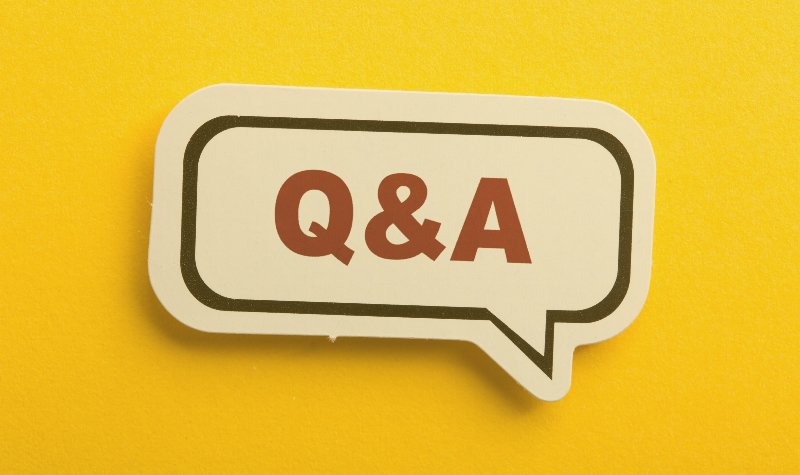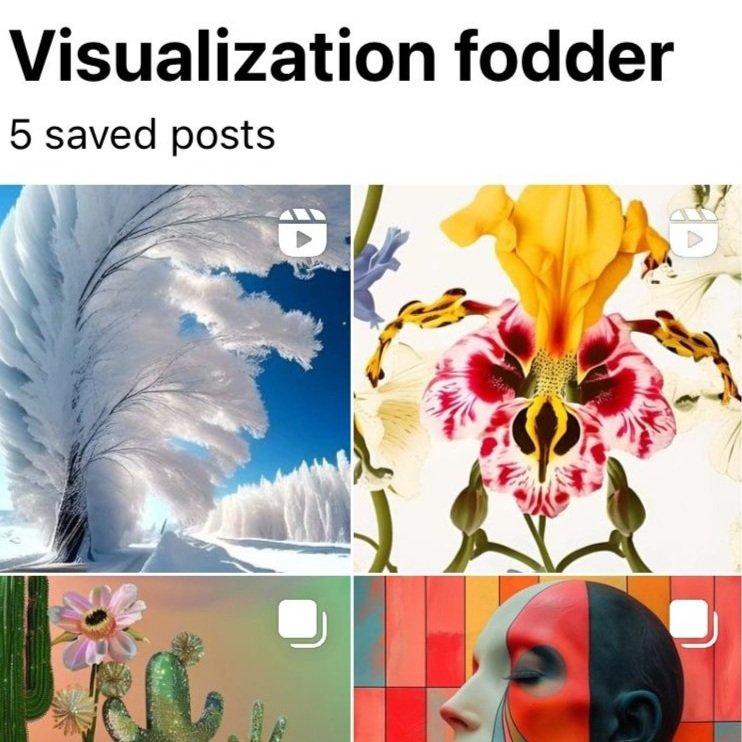Points discussed in this episode:
Question 1: What are some immediate techniques I can use to ground myself when I start to feel like I’m out of my body?
When you start to feel dissociated, grounding techniques can help bring you back to the present moment. Here are a few immediate techniques you can try:
5-4-3-2-1 Technique: Identify five things you can see, four things you can touch, three things you can hear, two things you can smell, and one thing you can taste.
Physical Sensation – Touchstone: Carry a small object like a stress ball, pebble, crystal or a textured fabric. Focus on how it feels in your hand.
Mindful Movement: Try physical activity, such as walking with awareness of your surroundings. Yoga, QiGong or stretching, to reconnect with your body.
Cold Water: Splash cold water on your face or hold an ice cube. The physical sensation can help you feel more grounded.
Question 2: How can I prevent anxiety-induced dissociation from occurring in the first place?
Preventing anxiety-induced dissociation involves managing your anxiety levels and staying connected with your surroundings.
Here are some things that help:
Regular Mindfulness Practice: Engage in daily mindfulness or meditation exercises to increase your awareness of the present moment.
Daily practices to manage stress: breathing exercises, or hobbies you enjoy.
Therapeutic Support: Work with a therapist to develop coping strategies and address underlying issues contributing to anxiety and dissociation. Talking with someone regularly can help you become aware of patterns that might lead to feelings of disconnection and explore changes and techniques that support feeling more peaceful and present.
Question 3: What strategies can I try long-term to support chronic dissociation caused by anxiety?
Investing in self-care and support as a long-term commitment
Self-Care: Prioritize self-care activities that nurture your mental and emotional well-being, such as hobbies, relaxation techniques, and regular physical activity.
Mindfulness and Meditation: Regular practice of mindfulness and meditation can help you stay grounded and improve your ability to manage anxiety. Candle gazing, guided meditation.
Quality Connection in Relationships: Build and maintain supportive relationships. Feeling connected to others can reduce feelings of dissociation.
Journaling: Keeping a journal can help you process emotions and track patterns in your dissociation, making it easier to identify triggers and effective coping strategies. It will also help you remember the things you’ve tired that help.
Question 4: Are there any specific triggers I should be aware of that might cause anxiety-induced dissociation?
Triggers for anxiety-induced dissociation can vary from person to person, but common ones include:
Stressful Situations: High-pressure environments, deadlines, or major life changes can trigger dissociation.
Trauma Reminders: Anything that reminds you of past trauma, including certain smells, sounds, or locations.
Emotional Overwhelm: Intense emotions, whether positive or negative, can lead to dissociation.
Tiredness – Lack of Sleep: Poor sleep can exacerbate anxiety and increase the likelihood of dissociation.




